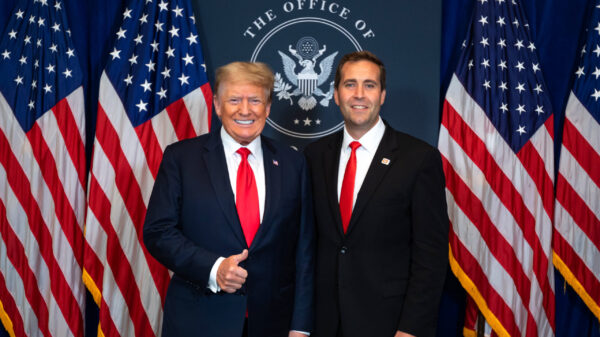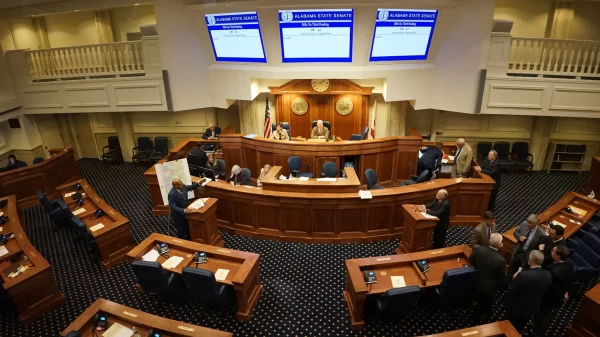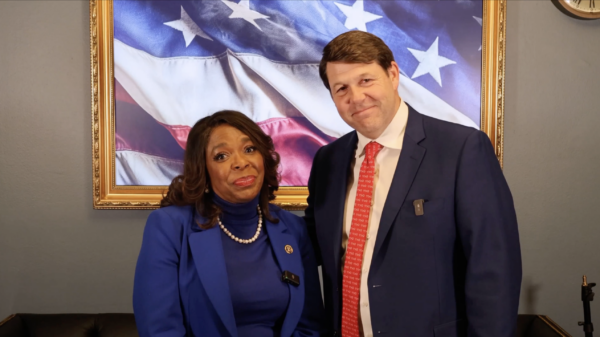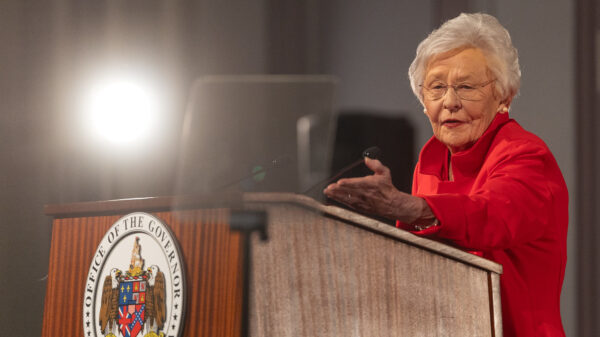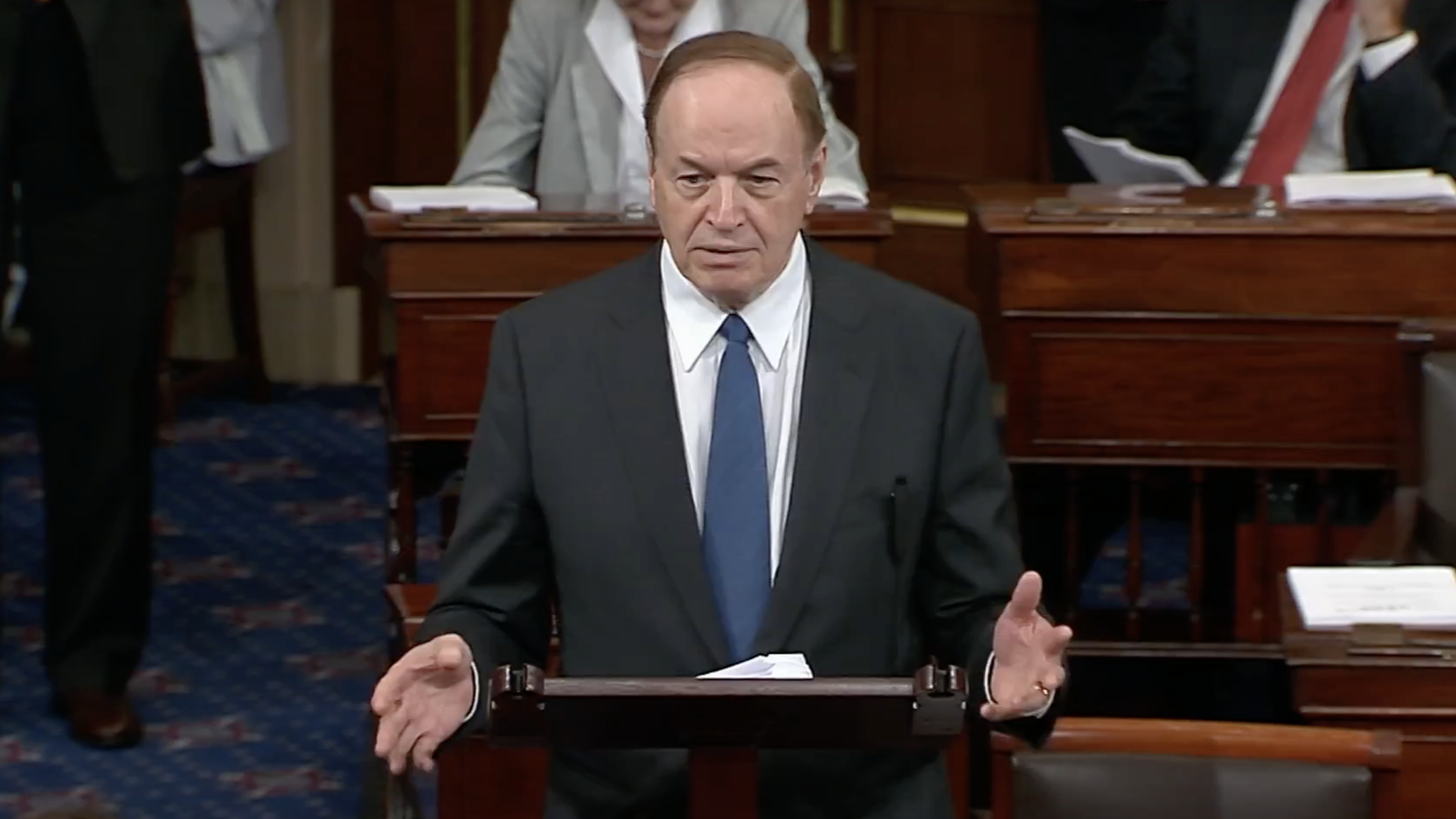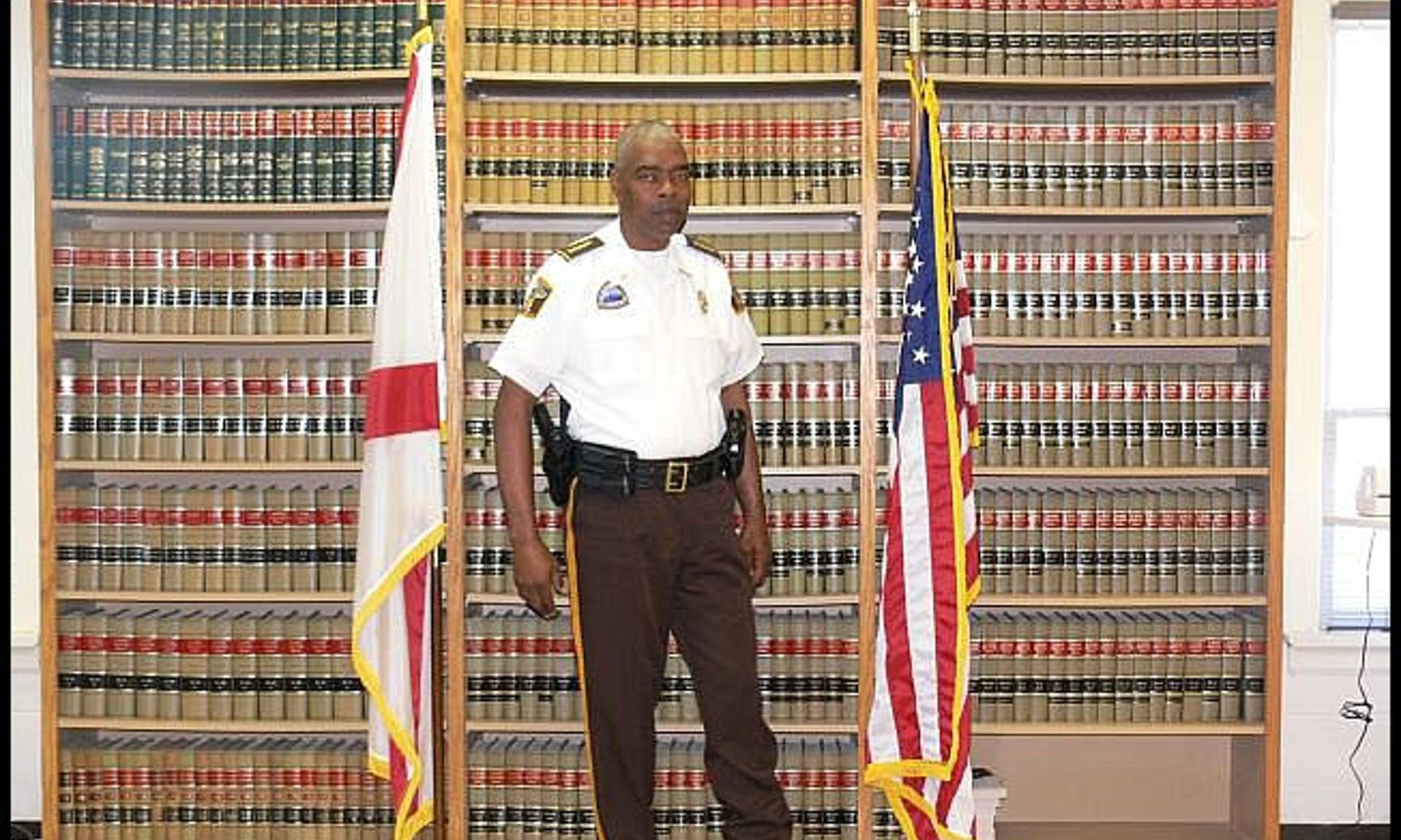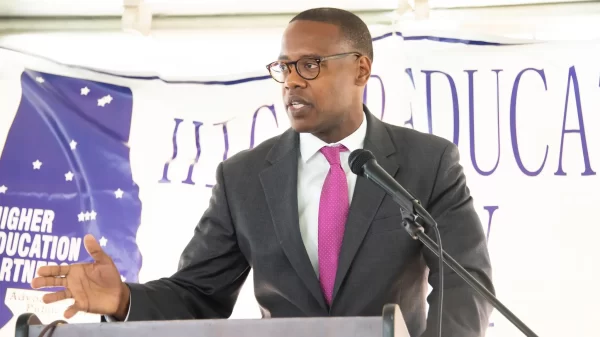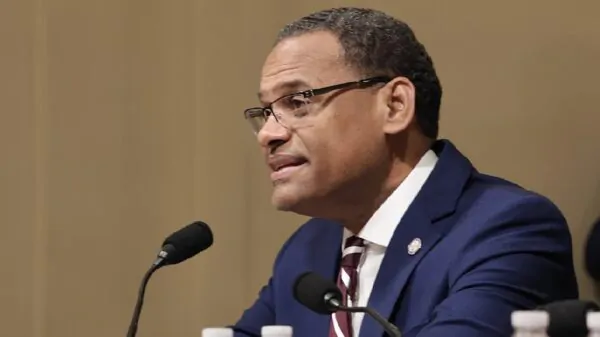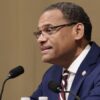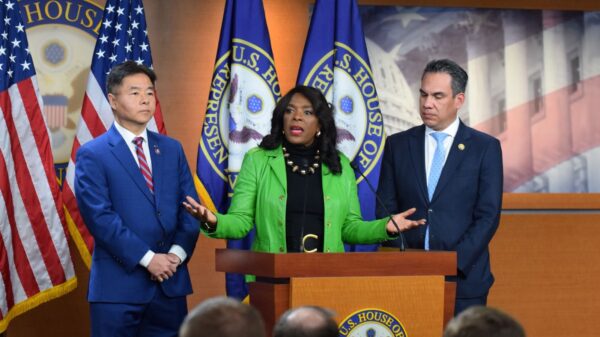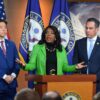During the first conference committee meeting in Congress to work out a deal on border security funding, Republican Alabama Sen. Richard Shelby called for bipartisanship and strategic border barriers.
Shelby, who chairs the Senate appropriations committee and largely steered the budget bills passed to reopen the government, said physical barriers are needed not “from coast to coast, but strategically placed where traffic is highest.”
Shelby is the vice chairman on the bicameral committee.
The goal of the congressional talks between the House and Senate that began Wednesday is to resolve the standoff between President Donald Trump and Congress that led to the recent 35-day partial government shutdown after Trump demanded $5.7 billion for his proposed border wall between the U.S. and Mexico.
In just two weeks, on Feb. 15, temporary funding will run out again and another shutdown could begin if leaders in Washington cannot arrive at an agreement. Trump has left the door open to another shutdown if he doesn’t get the funding he wants.
He tweeted Wednesday that lawmakers would be “wasting their time” if they don’t consider money for the wall. But the president has at other times referred to his proposal as a “physical barrier.”
The senator’s comments are a departure from Trump’s routine calls for a border wall, but they aline with some of Trump’s recent messaging that has backed away from a literal border wall since his party doesn’t have the votes necessary to force funding for the wall.
Shelby outlined a more comprehensive approach.
“Our border patrol professionals — those on the front lines — tell us that a comprehensive approach is necessary,” Shelby said. “An approach that includes technology, infrastructure, personnel and physical barriers.”
Democrats on the committee said they favor better technology and more personnel. They didn’t rule out money for more barriers, but they said they would only do so on a strategic basis.
Shelby said all of the components are important because “smart technology alone does not actually stop anyone from crossing into the U.S. illegally.”
“Smart technology is part of a comprehensive solution, but it is not the solution in and of itself,” Shelby said. “It is a commonsense, all-of-the-above solution to a problem that both parties have said for decades we need to fix. Stepping back for a moment, it is unfortunate that this issue has become so politicized.”
The talks Wednesday come after the president agreed to reopen the government under mounting pressure last week as federal workers missed their second paycheck. The temporary funding lasts for only three weeks though, and federal workers could soon miss another paycheck if lawmakers can’t reach an agreement, though lawmakers could agree to enact another stopgap bill to temporarily continue funding again past Feb. 15.
Trump has also threatened a national emergency in order to redirect Pentagon funding to build segments of his wall.
Shelby stressed the need for an agreement.
“Thus far, all sides seem to agree that border security is important,” Shelby said. “That is a good start, but it cannot end there. These negotiations must not end with platitudes or future promises; they must yield results that actually secure the border.”

